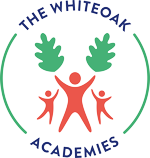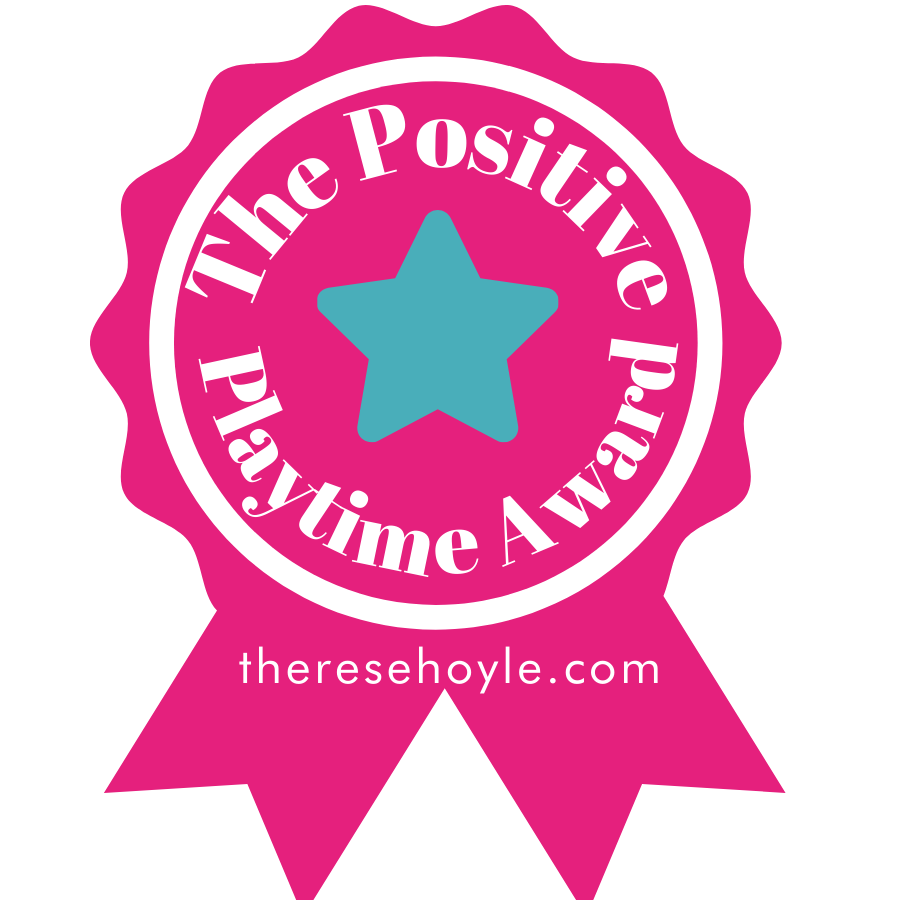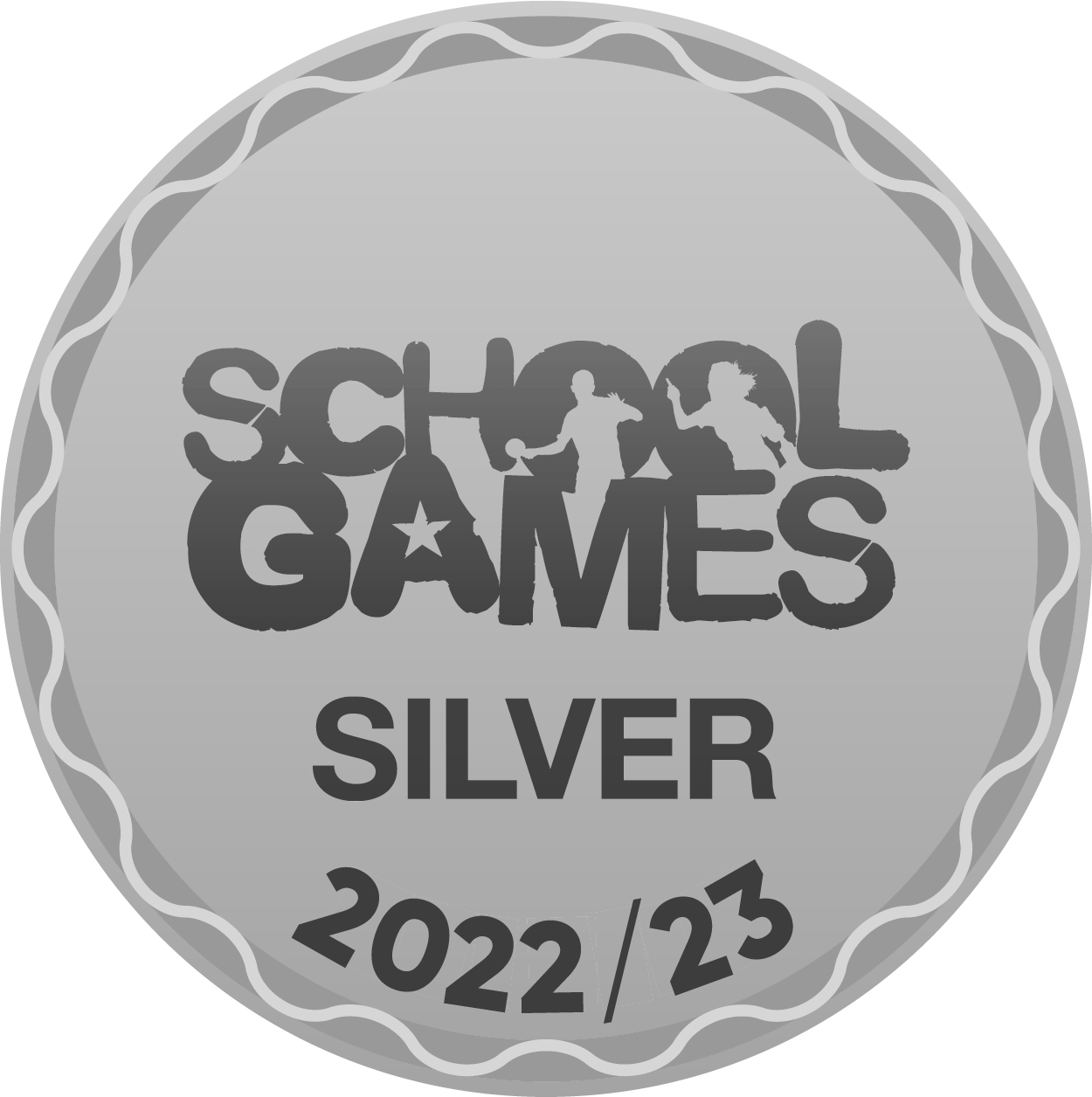Mathematics
Mathematics - The Whiteoak Way
‘Mathematics is how we describe our world when words are not enough. Everyone deserves to speak the language of mathematics and to play with mathematics to enjoy its beauty and its power.’
G. White
At The Whiteoak Academies, we strive to deliver a challenging and ambitious mathematics curriculum that meets and fulfils the needs of ALL learners. Embracing a mastery approach, we foster a belief that ALL children can access the mathematics and we fully support all staff to become highly skilled and passionate practitioners to deliver it. Ultimately, our Maths curriculum is designed in the aim that our children develop mathematical confidence, greater independence and life-long knowledge, understanding and skills.
‘The only way to learn Mathematics is to do mathematics.’
P. Halmos
We plan to ensure that ALL children will develop a secure and deep understanding of the mathematics they are learning so that future mathematical learning is built on solid foundations. We encourage our children to have a positive mindset and advocate that ALL children are able to succeed in mathematics, regardless of their prior attainment or starting point. Furthermore, we recognise that success is linked to effort and hard work, so we challenge and support all children to gain a greater depth of understanding, valuing marvellous mistakes as a key part of their learning.
‘All things in nature are written in the language of mathematics.’
Galileo
At the Whiteoak Academies, our lessons are carefully planned and crafted to provide a step by step conceptual journey through the mathematics. In embracing a mastery approach, we engage our children in reasoning and the development of mathematical thinking and plan to include:
- Coherent, carefully structured learning steps (using our do it, twist it, deepen it approach).
- Conceptual variation: the mathematical concept is presented in a variety of ways so children are able to discern the essential features.
- Multiple representations: a variety of manipulative and pictorial representations are used to explain the mathematical concept.
- Procedural variation: questions are chosen with care to demonstrate a particular concept, ensuring that calculations are more than simply finding an answer, but about understanding patterns and concepts too.
- Depth for all: every child in the lesson has the opportunity to apply their key learning through extension, application, reasoning or problem solving (or a combination).
- Scaffolding: support is available for those who need it (this could be additional concrete resources or further peer or adult support where necessary).
Further to our mastery lessons, our curriculum is designed to include intelligent practice through Maths meetings where our children are encouraged and supported to develop and improve their fluency and understanding of concepts and strategies so that they can become confident, and enthusiastic mathematicians.
The aims of our curriculum are that each and every child at the Whiteoak Academies thrives in mathematics by becoming:
Knowledgeable & Curious
Respectful & Compassionate
Independent & Fulfilled
‘Ask why.
Ask how.
Ask whether it makes sense
Ask what if.
Ask what if not.’
C.Danielson
Whiteoak Academies - Mathematics Progression Documents
Whiteoak Academies - Progression in Calculation




Lighthouse Schools Partnership - Mathematics Intent Statement
The National Curriculum for Mathematics in England
At The Whiteoak Academies, we follow the National Curriculum (2014) for Mathematics.
In following the curriculum, we aim to ensure ALL children:
- Become fluent in the fundamentals of mathematics, including through varied and frequent practice with increasingly complex problems over time, so that pupils develop conceptual understanding and the ability to recall and apply knowledge rapidly and accurately.
- Reason mathematically by following a line of enquiry, conjecturing relationships and generalisations, and developing an argument, justification or proof using mathematical language.
- Can solve problems by applying their mathematics to a variety of routine and non-routine problems with increasing sophistication, including breaking down problems into a series of simpler steps and persevering in seeking solutions.
Furthermore, the National Curriculum also states that:
Mathematics is an interconnected subject in which pupils need to be able to move fluently between representations of mathematical ideas. The programmes of study are, by necessity, organised into apparently distinct domains, but pupils should make rich connections across mathematical ideas to develop fluency, mathematical reasoning and competence in solving increasingly sophisticated problems. They should also apply their mathematical knowledge to Science and other subjects.
The expectation is that the majority of pupils will move through the programmes of study at broadly the same pace. However, decisions about when to progress will be based on the security of pupils’ understanding and their readiness to progress to the next stage. Pupils who grasp concepts rapidly will be challenged through being offered rich and sophisticated problems before any acceleration through new content. Those who are not sufficiently fluent with earlier material consolidate their understanding, including through additional practice, before moving on.
‘Mathematics is like Ice-cream, with more flavours than you can imagine. If all your children ever do is textbook mathematics, that’s like feeding them just broccoli flavoured Ice-cream.’
D. Gaskin
British Values and SMSC in Mathematics
To help ensure that children leave school prepared for life in modern Britain, the DfE issued guidance to all schools on improving the spiritual, moral, social and cultural (SMSC) development of children through the promotion of fundamental British values.
Across our family of schools, we aim to develop a climate where the British values of democracy, the rule of law, individual liberty, mutual respect and tolerance of those with different faiths and beliefs are deeply embedded at every level and lived through our vivid vision, core values and curriculum.
As outlined in our aims and vivid vision, we seek to encourage our children to act with integrity and respect so that they embrace and celebrate diversity and understand our rich cultural history. Furthermore, we aim to empower our children to become humble, compassionate global citizens who learn how to live successful and happy lives where they are informed, courageous advocates of the things that matter to them. Underpinning this are the key concepts of being and belonging: being hopeful, considerate human beings who know they matter and that they can shape a positive future for themselves and others, understanding how they belong to their community, modern Britain and the world, recognising they can make a difference now.
At the Whiteoak Academies, Mathematics plays a vital role in helping us to deliver our vivid vision by supporting the personal development of children and promoting fundamental British values. Our Mathematics curriculum is crafted and designed to support and encourage our children to become global citizens who take into account the views of others. In our mathematics curriculum, our children learn about democracy through voting when collecting data to analyse. In class, children follow rules safely during tasks and activities to benefit everyone, as well as understanding the consequences if rules are ignored. In mathematics, we work within boundaries to make a safe and personal choice from a given selection during practical activities. Within lessons, children behave appropriately, allowing everyone involved the opportunity to work to the best of their ability. In addition, they take turns, sharing equipment, reviewing each other’s work respectfully and working collaboratively on projects whilst helping others. Children use Maths to learn about different faiths and cultures around the world. For example, looking at patterns and shapes within Islam and Hindu religions.
Spiritual development in Mathematics - The study of mathematics enables children to make sense of the world around them and we strive to enable each of our children to explore the connections between their mathematics skills and every-day life. Developing deep thinking and an ability to question the way in which the world works promotes the spiritual growth of children.
Moral development in Mathematics - The moral development of children is an important thread running through the mathematics curriculum. Children are provided with opportunities to use their maths skills in real life contexts, applying and exploring the skills required in solving various problems. All children are made aware of the fact that the choices they make lead to various consequences. They must then make a choice that relates to the result they are looking for. The logical aspect of this relates strongly to the right/wrong responses in mathematics.
Social development in Mathematics - Problem solving skills and teamwork are fundamental to mathematics through creative thinking, discussion, explaining and presenting ideas. Children are always encouraged to explain concepts to each other and support each other in their learning. In this manner, children realise their own strengths and feel a sense of achievement, which often boosts confidence. Over time, they become more independent and resilient learners.
Cultural development in Mathematics - Mathematics is a universal language with a myriad of cultural inputs throughout the ages. Various approaches to mathematics from around the world are used and this provides an opportunity to discuss their origins when appropriate.
Our pedagogical approach to the delivery of Mathematics at the Whiteoak Academies is designed to make a genuine impact on the spiritual, moral, social and cultural understanding of our children; therefore, helping to promote British values and global citizenship.



